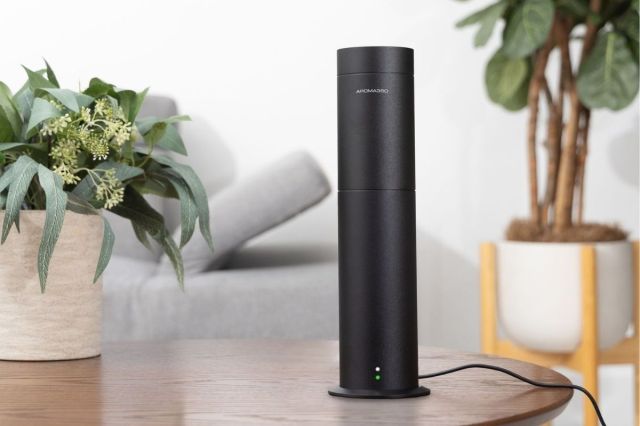Our phones are an integral part of our lives. Because our phones are with us at any given time, we sometimes forget how disruptive a phone call can be. With so many alternative ways to be in contact with your friends, loved ones, and colleagues, it might be time to get back to basics and ask yourself the simple question: What should I do next time I want to make a phone call? Answer: text.

Consider Texting Before Calling
Before initiating a call, it’s worth evaluating whether the message you need to convey can be adequately expressed through a text. Text messaging offers a convenient and non-intrusive way to communicate, allowing recipients to respond at their convenience. This is especially important if you’re planning a call during the workday. Convey brief messages, share updates, or ask quick questions without the need for immediate feedback. By opting for a text message when appropriate, you respect the recipient’s time and give them the flexibility to respond when it suits them best.

Set Expectations Through Text for Urgent Calls
In urgent situations that require immediate attention or clarification, a phone call may be the most efficient form of communication. However, it’s essential to consider the recipient’s time and preferences. Before placing the call, send a brief text message to alert the recipient and provide context for the upcoming call. This allows them to prepare mentally and prioritize their response. By giving them a heads-up, you’re demonstrating respect for their time and ensuring a more productive conversation.

Avoid Voicemails and Send Texts Instead
Voicemails have become increasingly obsolete in today’s fast-paced digital world. Many people prefer text-based communication and may not bother checking voicemails promptly — if at all. Instead of leaving a voicemail that may go unheard, consider sending a follow-up text message summarizing what you called about, or simply send a voice note to be listened to at the recipient’s convenience. Text messages are more likely to receive a prompt response and ensure your message doesn’t get lost in the void of unchecked voicemails.
Reader Favorites

Always Text Before Video Calls
While video calls offer the benefit of face-to-face interaction, they are not always the most appropriate or convenient option. In informal or unexpected situations, initiating a video call without prior notice can catch the recipient off guard and may not be well-received. Always text them first to check their availability, and reserve video calls for occasions where visual communication adds significant value to the conversation, such as virtual meetings or catching up with people who live far away.
Featured Image Credit: pixdeluxe/ iStock
More From Our Network
Better Report is part of Inbox Studio, an email-first media company. *Indicates a third-party property.

















